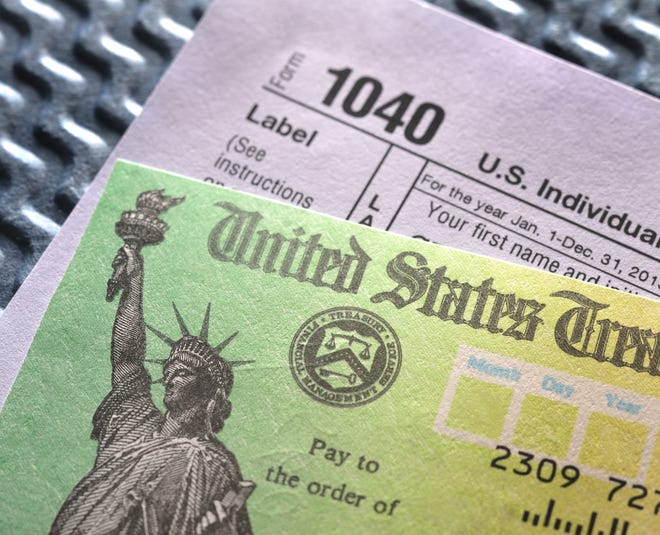Help is on the way for taxpayers affected by limits on state and local tax deductions.
As of 2018, the Tax Cuts and Jobs Act limited individual taxpayers to a maximum deduction of $ 10,000 for state and local taxes, or SALT. This meant that taxpayers whose combined income tax and property tax exceeded $ 10,000 would lose the ability to claim a federal deduction.
Of course, this has been a huge success not only for high income taxpayers, but also for many middle income residents of high tax states, such as California, New York and New Jersey. In an attempt to avoid a higher tax bill, some states have suggested allowing “donations†to the state in lieu of taxes. The IRS was on it, overturning that methodology to avoid the limitation.
Many believed the Biden administration would repeal the SALT cap, but to date such a change has not been included in budget proposals.
However, there have been other important developments.
In November 2020, the IRS said the SALT limitation applied to individuals, not businesses. Notice 2020-75 stated that “state and local income taxes imposed and paid by a partnership or an S corporation on its income are allowed as a deduction by the partnership or S corporation in the calculation of its not separately declared taxable income or loss for the tax year of the payment.
This means that a flow-through entity such as a partnership, LLC, or S-Corporation can pay entity-level taxes while providing individual owners with a corresponding state tax credit. From a federal perspective, the entity’s taxable income would be reduced, effectively allowing individual owners to bypass the SALT limitation.
Robert Green wrote in a recent Forbes article that “Connecticut, Louisiana, Maryland, New Jersey, Oklahoma, Rhode Island, and Wisconsin have all enacted entity-level taxes that provide homeowners personal tax credits.” In Connecticut, entity-level tax is mandatory. In six other states, it is optional; business owners can choose to pay it off and claim the credit, or can decline if it is not in their best interest to go that route. “
The latest development is that on July 15, California Governor Gavin Newsom signed AB 150, allowing flow-through entities to pay an optional 9.3% tax on behalf of its individual owners, thereby providing owners with state credit. equivalent. The pass-through workaround will begin for tax year 2021.
Many taxpayers whose income comes from intermediary entities now have the ability to bypass many of the SALT limitations. And, as an added bonus, these increased depreciation reduces adjusted gross income – a more valuable benefit than an itemized deduction. (A lower adjusted gross income may mean lower Social Security taxes and more benefits from medical deductions, for example. And it might be possible to get a greater benefit from the standard deduction if the taxes in the State become an “over the line” deduction.
For taxpayers who are not in the above states, it is worth keeping an eye out for legislative changes that could ease this tax burden.
 Resource KT
Resource KT


